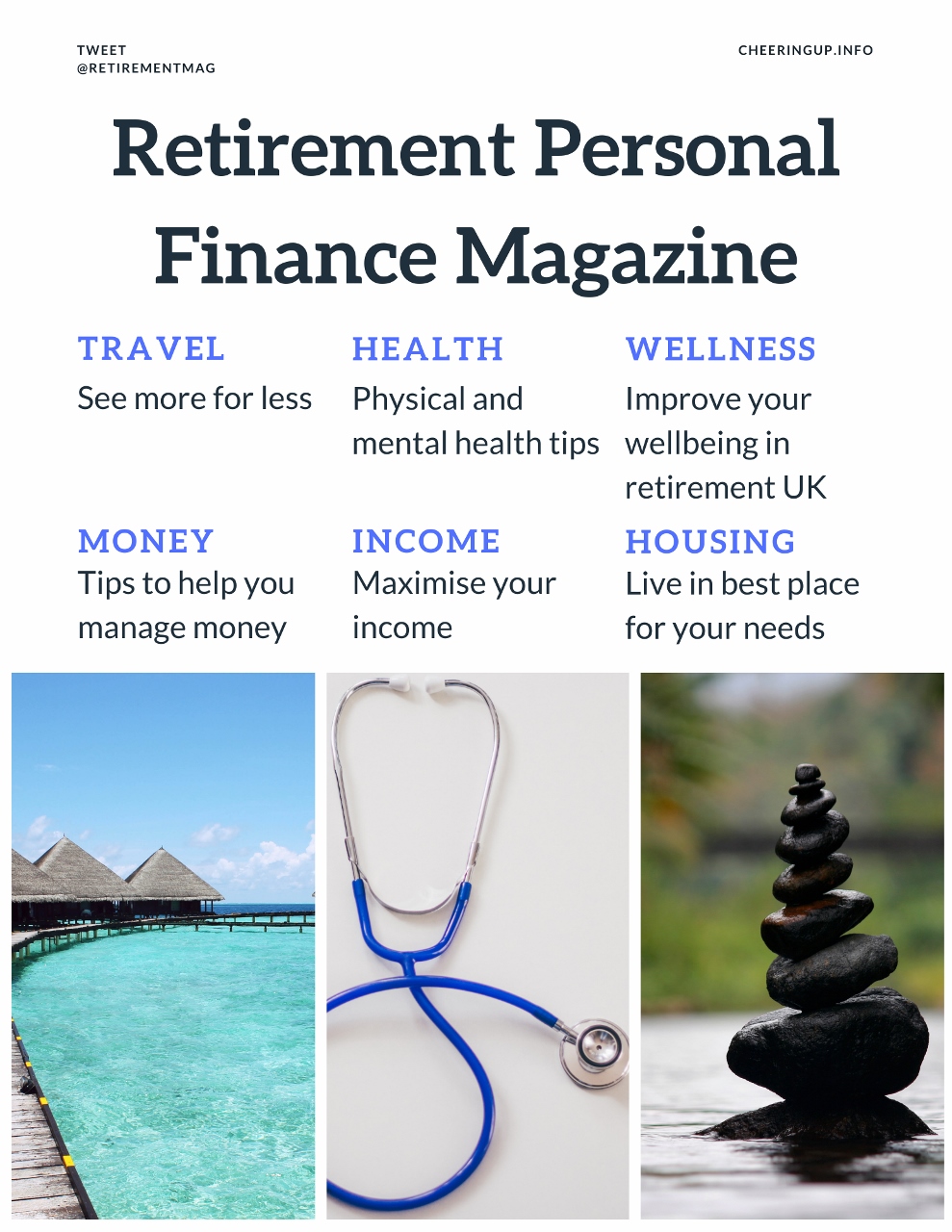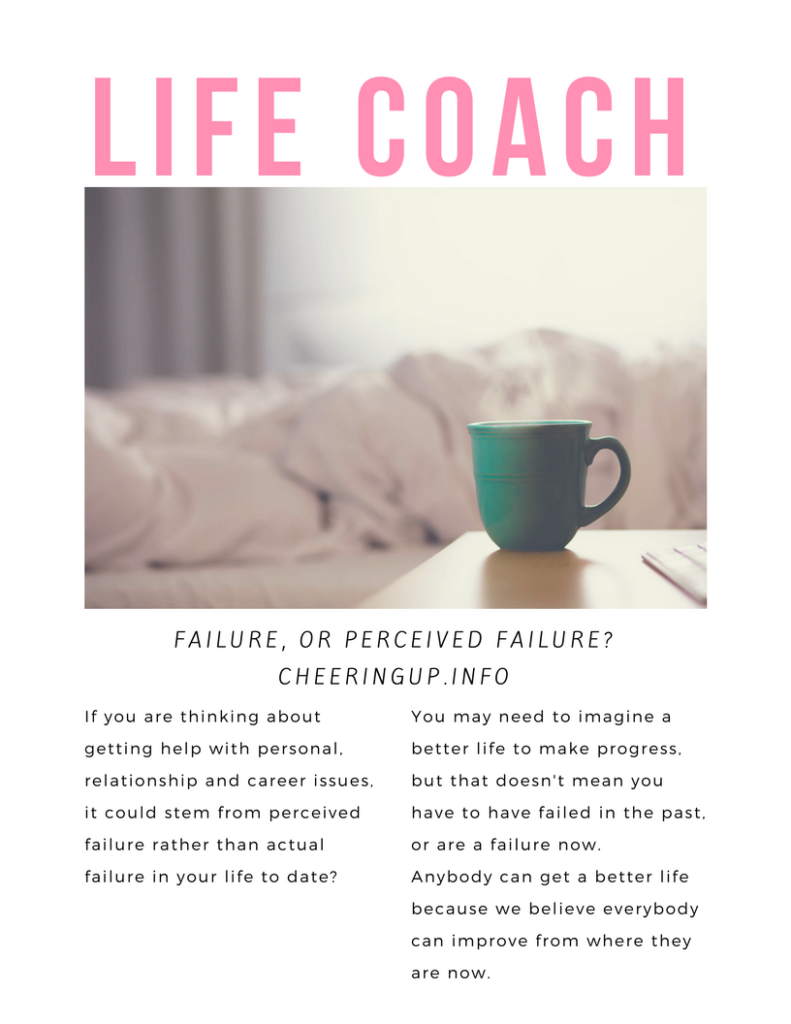At some point you have to stop thinking about your life and start living life as best you can
Life is an ever-evolving journey and every person experiences it in their own unique way. However, sometimes in life, it’s easy to get lost in thoughts and worry about the future or dwell on the past, leaving little time to live in the present moment. The truth is, thinking about life is important, but at some point, you have to stop thinking and start living.
When you’re constantly thinking about your life, it can be hard to fully experience the present moment. You may miss out on the beauty of the world around you and the joys of life’s simple pleasures. This can lead to feelings of stress, anxiety, and even depression.
Living in the moment, on the other hand, means embracing the present and making the most of every opportunity that comes your way. It means letting go of worries and focusing on what you can control in the present moment. It also means being open to new experiences and trying new things, even if they may be outside of your comfort zone.
One way to stop thinking and start living is to be mindful of your thoughts and feelings. Take a moment to stop and reflect on what’s going on inside of you. When you notice yourself getting caught up in negative thoughts, try to shift your focus to something positive. This can be as simple as taking a walk in nature, listening to music, or doing something you enjoy.
Another way to start living life is to set achievable goals. Having something to work towards can give you a sense of purpose and motivation, helping you to focus on the present moment and the steps you need to take to achieve your goals.
Finally, it’s important to cultivate strong relationships with others. Having strong social connections can provide support and help you live a more fulfilling life. Spend time with people who make you feel good, and engage in activities that bring you closer together.
In conclusion, at some point, it’s important to stop thinking about your life and start living it. Embrace the present moment, be mindful of your thoughts, set achievable goals, and cultivate strong relationships with others. By doing these things, you can live a more fulfilling and meaningful life, filled with joy, happiness, and purpose.
More lifestyle improvement articles videos and deals
Good Times
“Good times” typically refer to moments or experiences that are enjoyable, pleasurable, or positive in nature. They can be associated with feelings of happiness, joy, satisfaction, and well-being. Here are some comments on “good times” from a psychological standpoint:
Positive emotions: “Good times” are often associated with positive emotions, such as happiness, excitement, and contentment. These emotions can have various psychological benefits, including improved mood, increased resilience, and enhanced overall well-being. It’s important to recognise and appreciate the positive emotions that come with “good times,” as they can contribute to our psychological health.
Social connections: “Good times” are often experienced in the context of social interactions and relationships. Spending time with loved ones, engaging in enjoyable activities with friends, and sharing experiences with others can foster social connections and promote a sense of belonging, which are important for psychological well-being. Nurturing and maintaining positive social connections can be beneficial for our mental health and can contribute to “good times.”
Mindfulness and present moment awareness: “Good times” are often characterised by being fully present in the moment and engaging in enjoyable activities with a sense of mindfulness. Mindfulness involves being aware of our thoughts, emotions, and sensations without judgment, and being fully present in the current moment. Engaging in “good times” with mindfulness and present moment awareness can enhance our ability to fully experience and appreciate the positive aspects of the moment, leading to greater satisfaction and well-being.
Balance and self-care: “Good times” can be seen as a form of self-care, as they provide an opportunity to relax, recharge, and indulge in enjoyable activities. Taking time for ourselves, prioritizing self-care, and finding balance between work, responsibilities, and leisure are important aspects of psychological well-being. Incorporating “good times” into our lives in a balanced and mindful way can contribute to our overall mental health and happiness.
Context and individual differences: It’s important to note that what constitutes as “good times” can vary greatly depending on the individual, their preferences, and their life circumstances. What might be enjoyable and pleasurable for one person may not be the same for another. It’s essential to consider the context and individual differences when discussing “good times” from a psychological perspective, as people have diverse needs, interests, and experiences.
In summary, “good times” can have psychological benefits, including positive emotions, social connections, mindfulness, and self-care. However, it’s important to consider the context and individual differences when discussing “good times” from a psychological standpoint. As a psychologist, I would encourage individuals to recognise, appreciate, and cultivate “good times” in their lives as part of their overall well-being and mental health.

Mindfulness for Daily Life
Incorporating the principles of mindfulness into your everyday life can significantly improve your overall well-being. Here are the top 5 practices to be more mindful each day, incorporating reference to the mentioned keyword phrases:
- Start with the Basics: To cultivate mindfulness, it’s essential to understand the basics of mindfulness practice. Mindfulness involves intentionally paying attention to the present moment without judgment. Begin by focusing on your breath, sensations in your body, or the environment around you. This foundation will help you build a strong mindfulness practice.
- Engage in Daily Mindful Activities: Incorporate mindfulness into your daily routine by turning routine activities into mindful experiences. For example, while eating, pay attention to the flavours, textures, and smells of your food. During your daily commute, observe the sights, sounds, and sensations around you. By engaging your senses and focusing on the present moment, you can infuse mindfulness into your everyday life.
- Practice Mindful Breathing: Breathing exercises are an excellent way to anchor yourself in the present moment. Take a few moments each day to focus on your breath. Observe the sensation of the breath entering and leaving your body. Whenever your mind wanders, gently bring your attention back to the breath. This simple practice can help you develop a greater sense of presence and reduce stress.
- Cultivate Mindful Awareness: Develop a habit of bringing mindful awareness to your thoughts, emotions, and bodily sensations throughout the day. Notice when you’re feeling stressed, anxious, or overwhelmed. Instead of getting caught up in these feelings, take a step back and observe them without judgment. By becoming more aware of your inner experiences, you can respond to them with greater clarity and compassion.
- Create Mindful Moments: Take intentional breaks during the day to create mindful moments. This can be as simple as stepping outside for a short walk, spending time in nature, or practicing a brief meditation. Use these moments to reconnect with the present moment and bring your attention to your surroundings. By regularly incorporating these mindful pauses into your day, you can cultivate a sense of calm and improve your overall well-being.
Remember, mindfulness is a skill that takes practice and patience. By incorporating these practices into your daily life, you can gradually develop a more mindful approach to each moment, leading to long-lasting benefits for your physical, mental, and emotional well-being.
Stop Thinking Start Living Life








